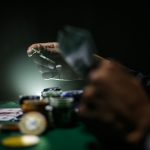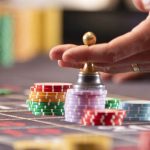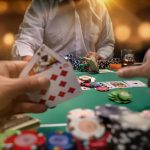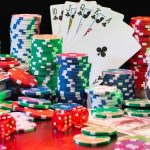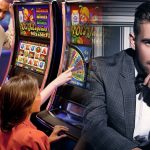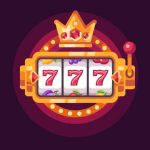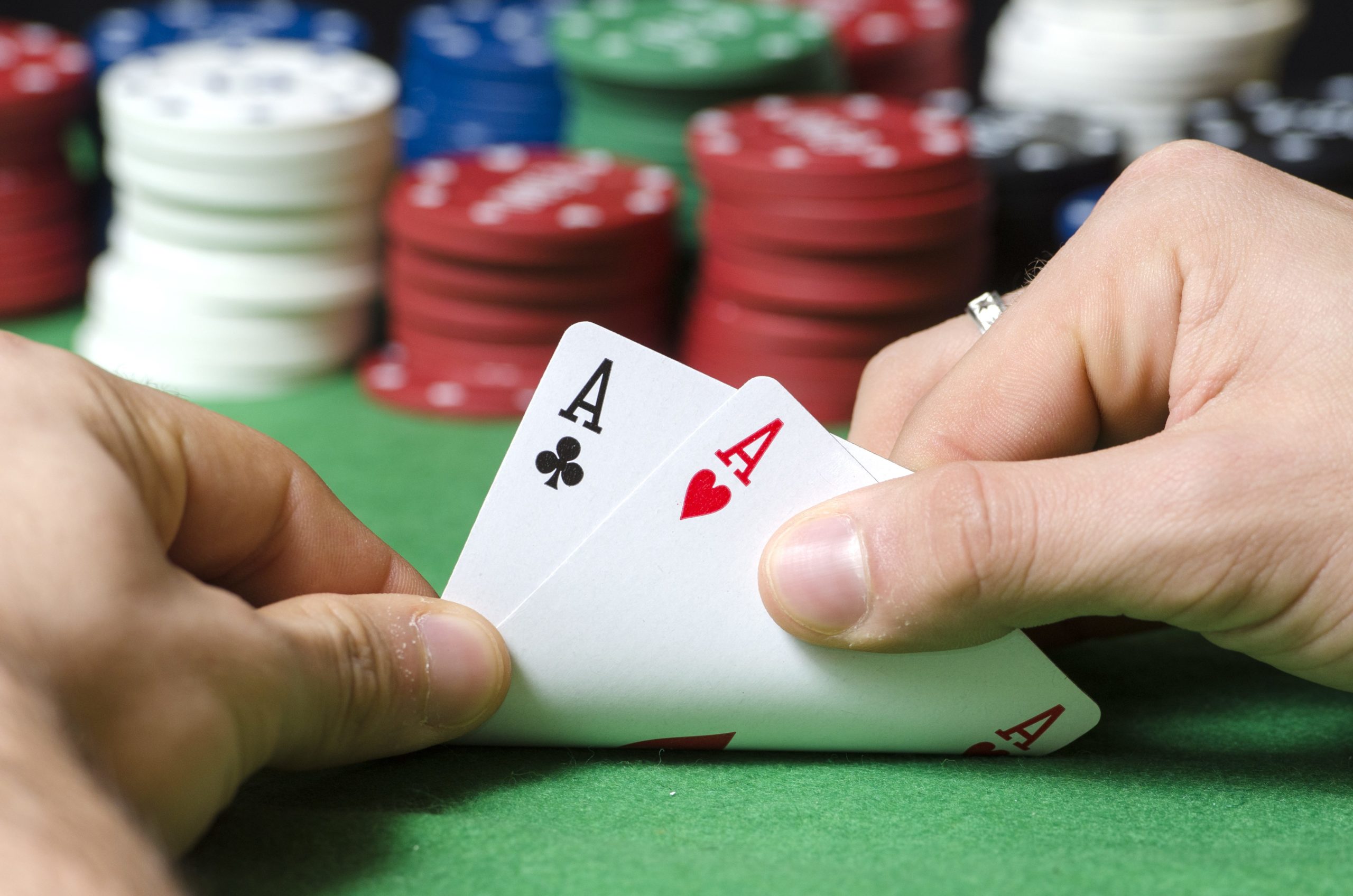Gambling addiction, also known as compulsive or pathological gambling, is an uncontrollable urge to gamble despite negative consequences. It is a behavioral addiction with severe financial, emotional, and psychological impacts. Understanding gambling addiction’s underlying causes and triggers is crucial to developing an effective recovery plan.
Recognizing the Signs of Gambling Addiction
Identifying the signs of gambling addiction is the first step toward seeking help. Some common indicators include:
- Increasing preoccupation with gambling activities
- Inability to control or stop gambling
- Neglecting personal and professional responsibilities
- Chasing losses and borrowing money to gamble
- Experiencing restlessness and irritability when not gambling
- Lying to family and friends about gambling activities
If you resonate with any of these signs, it’s essential to acknowledge the problem and take proactive steps toward recovery.
Seeking Professional Help
Overcoming gambling addiction often requires professional guidance and support. Consultation with a therapist or counselor specializing in addiction can provide valuable insights and personalized strategies tailored to your needs. They can help you understand the root causes of your addiction, develop coping mechanisms, and provide ongoing support throughout your recovery journey.
Building a Support Network
Creating a strong support network is crucial when combating gambling addiction. Surrounding yourself with understanding and supportive individuals can provide the encouragement and accountability needed to overcome challenges. Consider reaching out to:
Family and Friends
Open up to your loved ones about your struggles and ask for their support. Their understanding and encouragement can make a significant difference in your recovery process.
Support Groups
Joining support groups, such as Gamblers Anonymous, can connect you with individuals who have faced similar challenges. Sharing experiences and learning from others can inspire hope and foster community.
Online Forums and Communities
The internet offers various online forums and communities where you can find support and connect with others on a similar journey. These platforms provide a safe space to share your thoughts, seek advice, and offer support to fellow members.
Developing Coping Strategies
To effectively overcome gambling addiction, developing healthy coping strategies that replace the urge to gamble is essential. Here are some techniques to consider:
Identify Triggers
Recognize the situations, emotions, or thoughts that trigger your gambling urges. By identifying these triggers, you can proactively avoid or address them more healthily.
Find Alternative Activities
Engage in alternative activities that provide a sense of fulfillment and enjoyment. Pursue hobbies, exercise regularly, spend quality time with loved ones, or explore new interests to divert your attention from gambling.
Practice Self-Care
Prioritize self-care to nurture your physical and emotional well-being. Sleep well, maintain a balanced diet, and practice relaxation techniques such as meditation or deep breathing exercises. Taking care of yourself holistically can strengthen your resolve to overcome addiction.
Set Financial Boundaries
Create a budget and establish financial boundaries to prevent excessive spending on gambling. Consider seeking professional financial advice to help you manage your finances effectively and regain control over your monetary situation.
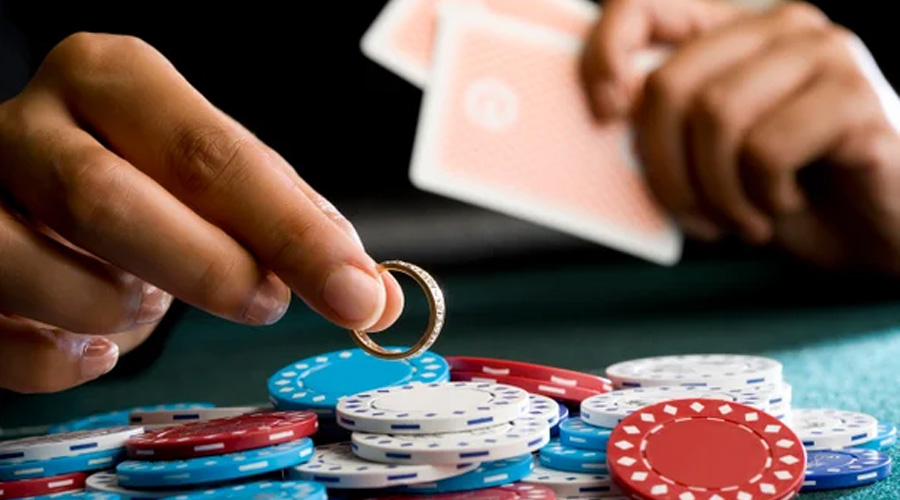
Maintaining Long-Term Recovery
Recovering from gambling addiction is an ongoing process that requires commitment and perseverance. Here are some tips for maintaining your progress:
Take One Day at a Time
Focus on the present moment and avoid overwhelming yourself with thoughts of the past or future. Celebrate each day free from gambling as a significant achievement.
Celebrate Milestones
Acknowledge and celebrate your milestones in recovery. Recognizing your progress can boost your motivation and reinforce your commitment to a gambling-free life, whether it’s one week, month, or year.
Avoid High-Risk Situations
Steer clear of environments or situations that may trigger gambling urges. If necessary, distance yourself from friends or acquaintances who engage in gambling activities to protect your progress.
Practice Patience and Self-Compassion
Recovery is a journey filled with ups and downs. Be patient with yourself and practice self-compassion during challenging times. Remember that setbacks are normal, and each day is an opportunity to learn and grow stronger.
Conclusion
Overcoming a gambling addiction is a challenging but achievable goal. By understanding the nature of addiction, seeking professional help, building a support network, developing coping strategies, and maintaining long-term recovery, you can reclaim control over your life and break free from the grip of gambling addiction. Remember, you are not alone on this journey; with determination and support, a brighter future awaits.
